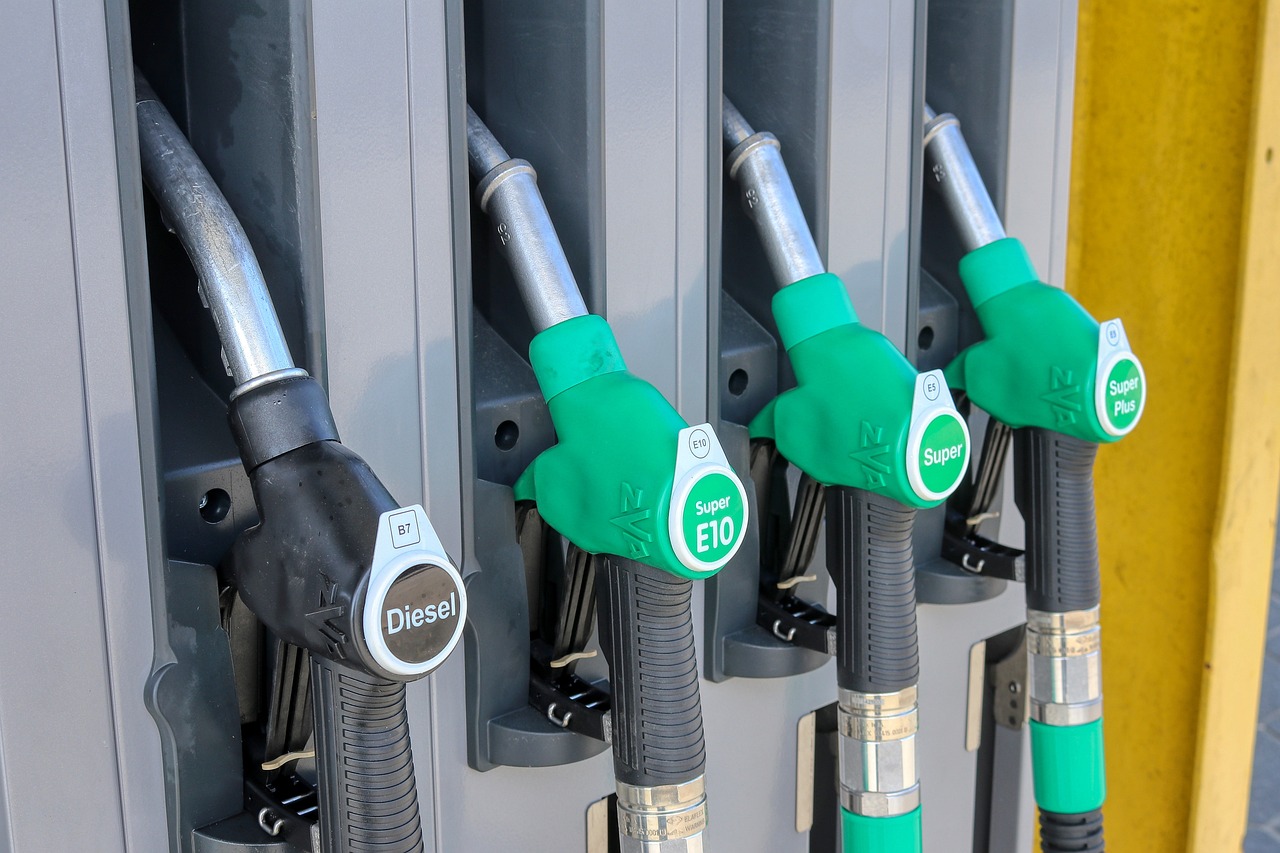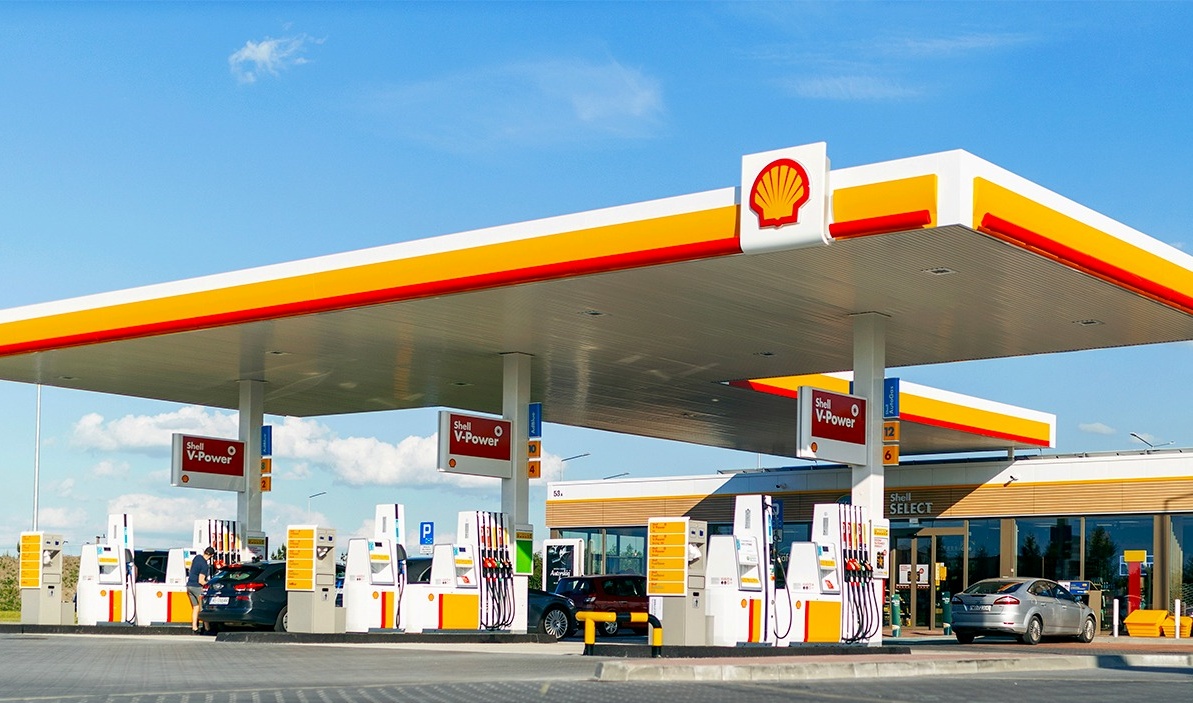One ton of biodiesel saves around two to three tons of carbon dioxide compared to fossil diesel.Continue reading

The pricing practices of domestic petrol stations have become practically untraceable, with the wholesale price of petrol and diesel constantly falling over the past month, but motorists have experienced almost no change. Now, however, everything is in place for the price of petrol and diesel to really drop, writes Világgazdaság.
As Hungary Today reported yesterday, from Thursday, the wholesale price of petrol and diesel could fall significantly, by HUF 8 (EUR 1 = HUF 393) for petrol and HUF 6 for diesel. This means that since July 10, the price of petrol has fallen by HUF 32 a liter and that of diesel by HUF 43. However, almost none of this was passed on in retail prices last month, which is why Világgazdaság recently indicated that
there is a strong suspicion that the price reduction is not reflected at domestic pumps because of retailers.
Data from the past month also confirms this: the average price of 95 petrol on July 10 was HUF 616 and diesel HUF 623, according to the fuel price monitoring blog Holtankoljak. Therefore, if the wholesale price cut is carried through to the last penny, petrol would currently cost HUF 584 and diesel HUF 580. By comparison, at most petrol stations, petrol and diesel were still around HUF 610 a liter during the weekend of August 20, thus it is highly questionable what motorists will see from Thursday onwards.
The last time oil prices were this low was in June. Brent, the benchmark oil price on the European market, was at USD 77, but the forint, another key component that also determines prices, has also moved in a positive direction. The last time the Hungarian currency was quoted at 353 against the dollar was in early June, similar to the current oil price level, when petrol was HUF 590 a liter and diesel HUF 596. Thus, there would still be room for price cuts even after that, if the reduction in the wholesale price is continuously passed on to retail prices by the retailers.
This was followed by another wave of price rises, which put the government on edge, and Prime Minister Viktor Orbán also sent a message to representatives of the sector. He noted that the agreement reached earlier had been broken and indicated that “we will not say twice.”

Photo via Facebook/Shell
Earlier, Eszter Bujdos, managing director of Holtankoljak, explained to Világgazdaság that the difficult pricing practice was because traders were trying to compensate for their previous losses, and that the opposite had happened in May, with wholesale prices not falling and retail prices falling.
It is not written into law that if the wholesale price falls, the retail price should follow. In May, the opposite happened: the wholesale price did not change, while the retail price was reduced by the the retailers,”
she explained.

Petrol prices in the region in July. Graph: KSH
However, this still does not explain why MOL, a dominant player in both the retail and wholesale markets, is not tracking the price movements of Brent oil and the forint. One explanation may be that MOL has to monitor prices not only at home but also in neighboring countries, where prices have risen significantly in recent times, easing pressure on the sector from the government. In Romania, there has been a significant tax increase recently, with the price of petrol in July approaching HUF 600. This is likely to push the average price in neighboring countries well up.

Diesel prices in the region in July. Graph: KSH
Via Világgazdaság; Featured image via Pixabay